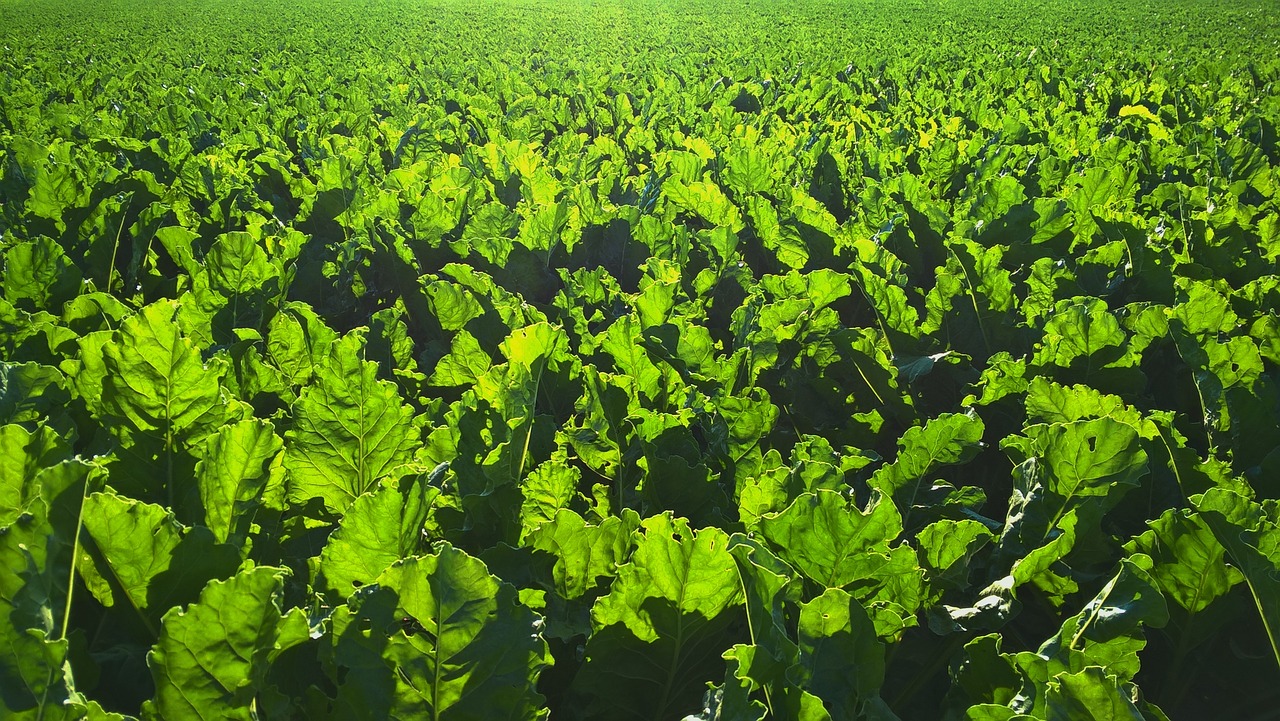It has been confirmed by the British Beet Research Association (BBRO), that the emergency use of neonic seed treatment in sugar beet will not be triggered this year.
With February temperatures fluctuating from very cold to unseasonably warm conditions especially during the last three weeks of the month, this has meant the independent virus yellows forecast has been uncertain with regards to the 9% trigger threshold.
The BBRO forecast on March 1, predicts that 8.37% of the national sugar beet area will be affected by virus yellows by the end of August 2021.
Under the terms of the emergency authorisation from the Health and Safety Executive (HSE) and Defra, this means that the use of Cruiser SB has not been triggered and will not be applied to seed this season.
Arrival of aphids
The forecast also predicts that the date of first aphids arriving in crops will be from May 18.
This is much later than when aphids were first recorded in crops in 2020 which was in late March.
According to the BBRO, the cold weather has had a significant impact on overwintering aphid populations, both reducing their numbers as well as the date of their migration into the 2021 crop.
This is a very similar national forecast to that in 2018. Aphids were first recorded in crops in late May 2018 and this is very welcome news for crops in 2021.
The BBRO also added that once seed is on-farm, drilling into good seed beds as soon as possible, will ensure crops establish quickly.
Consequently, plants will be more mature, resilient, and resistant to the impact of virus when aphids finally arrive.
Crops will still need to be monitored closely for aphids and for the appropriate thresholds to trigger any necessary foliar insecticides.
The BBRO will monitor crops and will have a network of yellow water pan traps to assess aphid numbers during 2021.

